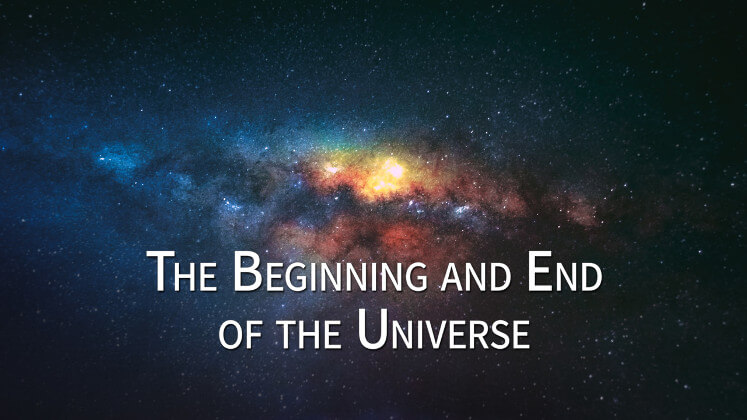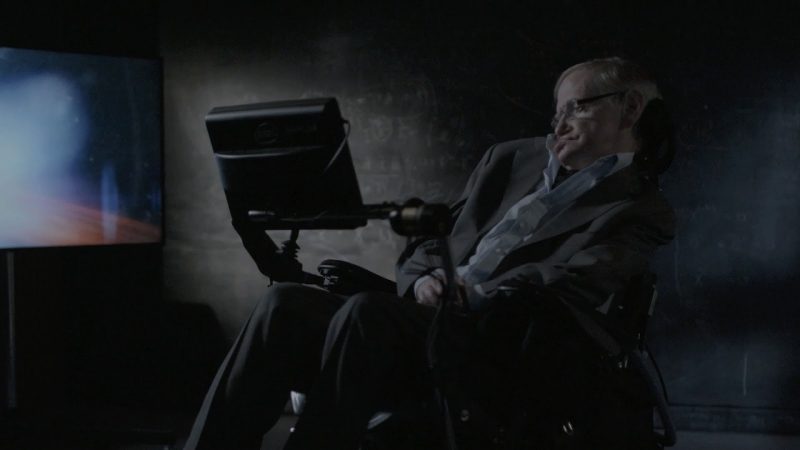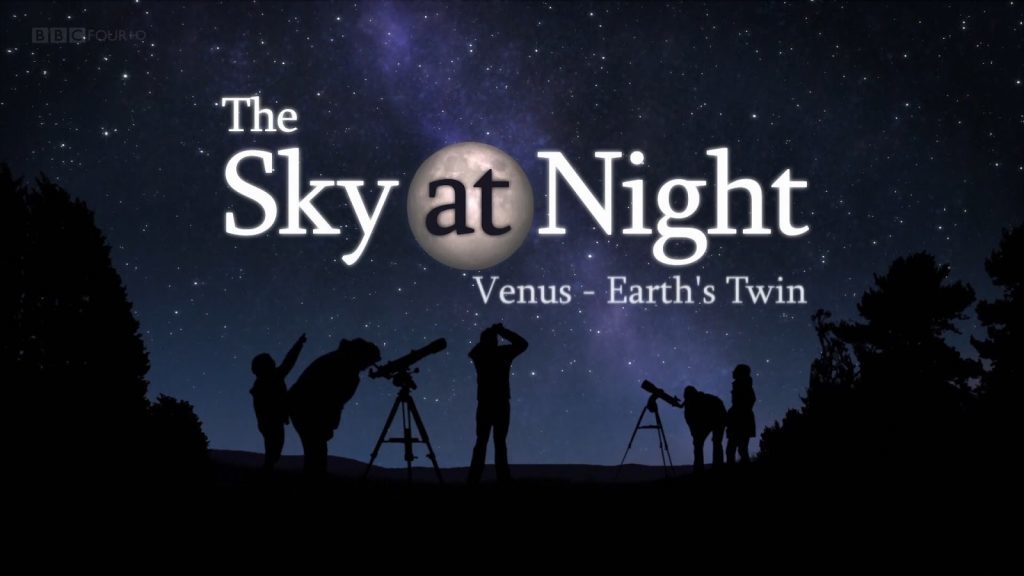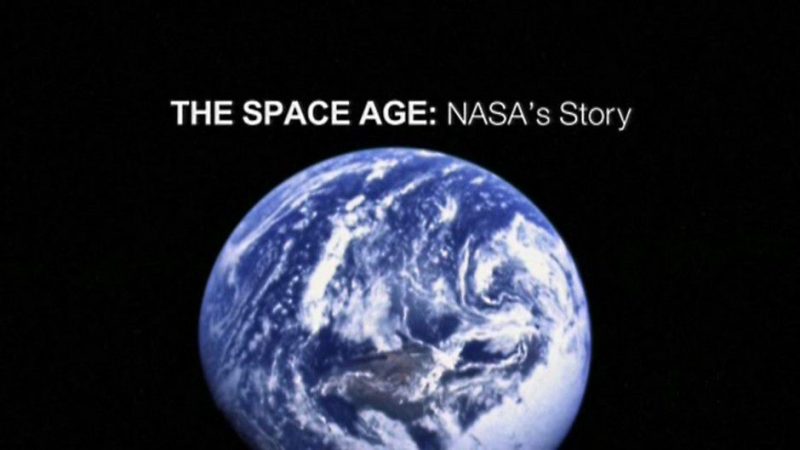The Beginning and End of the Universe episode 2: Professor Jim Al-Khalili carries us into the distant future to try to discover how the universe will end – with a bang or a whimper? He reveals a universe far stranger than anyone imagined and, at the frontier of our understanding, encounters a mysterious and enigmatic force that promises to change physics forever.
Prof Jim Al-Khalili tackles the biggest subject of all, the universe, through a series of critical observations and experiments that revolutionised our understanding of our world.
The Beginning and End of the Universe episode 2
The beginning of the universe, also known as the Big Bang, is believed to have occurred around 13.8 billion years ago. This event marked the start of the expanding universe and the creation of space, time, and all matter and energy. Prior to the Big Bang, the universe is thought to have been in a state of infinite density and temperature, known as a singularity. The exact cause of the Big Bang is still not fully understood, but the prevailing theory is that the universe began as a singularity and expanded rapidly in a massive explosion, eventually cooling and forming into the universe as we know it today.
As the universe expanded and cooled, subatomic particles formed, eventually leading to the formation of atoms and the first elements: hydrogen and helium. Over time, gravity caused these atoms to come together to form stars and galaxies. These stars then fused atoms together to create heavier elements, such as carbon, oxygen and iron. This process is still ongoing, as new stars continue to form and fuse atoms.
The end of the universe is a topic of much speculation and debate among scientists. One theory is that the universe will continue to expand until the forces of gravity and dark energy cause all matter to be pulled apart, resulting in a state of “heat death” where all energy is evenly distributed and no more work can be done. Another theory is that the expansion of the universe will eventually slow down and reverse, leading to a “Big Crunch” where all matter and energy is pulled back into the singularity.
Another theory is that the universe will continue to expand forever, and will eventually grow too cold for life to exist. This is known as the “big freeze” or “heat death” scenario. It’s also possible that a mysterious and unknown force called dark energy will continue to accelerate the expansion of the universe, eventually ripping it apart in a “big rip”. The beginning and end of the universe is still a topic of ongoing research and debate among scientists, with many theories and possibilities. But what we do know is that the universe has an amazing story that started 13.8 billion years ago, and will end in a way that we still don’t fully understand.
Professor Jim Al-Khalili
Professor Jim Al-Khalili is a British theoretical physicist, author, and broadcaster. He is currently a professor of physics at the University of Surrey and a Fellow of the Royal Society. He is known for his research in the field of quantum mechanics and his popular science writing and broadcasting. Professor Al-Khalili was born in Baghdad, Iraq, and moved to the United Kingdom with his family at the age of three. He received his undergraduate degree in physics from Imperial College London and his PhD in theoretical nuclear physics from the University of Sussex. He then held postdoctoral positions at Imperial College and the University of Sussex before joining the faculty at the University of Surrey in 1994.
In his research, Professor Al-Khalili has made significant contributions to the field of quantum mechanics, particularly in the areas of quantum chaos and quantum computation. He has also worked on the foundations of quantum mechanics and the implications of quantum theory for our understanding of the nature of reality.
In addition to his academic work, Professor Al-Khalili is well known for his popular science writing and broadcasting. He has written several books on physics and science, including “Quantum: A Guide for the Perplexed” and “The House of Wisdom: How Arabic Science Saved Ancient Knowledge and Gave Us the Renaissance”. He has also presented several BBC television series and radio programs, including “The Life Scientific” and “The Secret Life of Chaos”.
Professor Al-Khalili is a Fellow of the Institute of Physics, the Institute of Mathematics and its Applications, and the Royal Society. He has received numerous awards for his contributions to science, including the Royal Society Michael Faraday Prize for the Public Understanding of Science and the Institute of Physics Kelvin Medal and Prize. He has been awarded the Order of the British Empire for his services to science communication.




